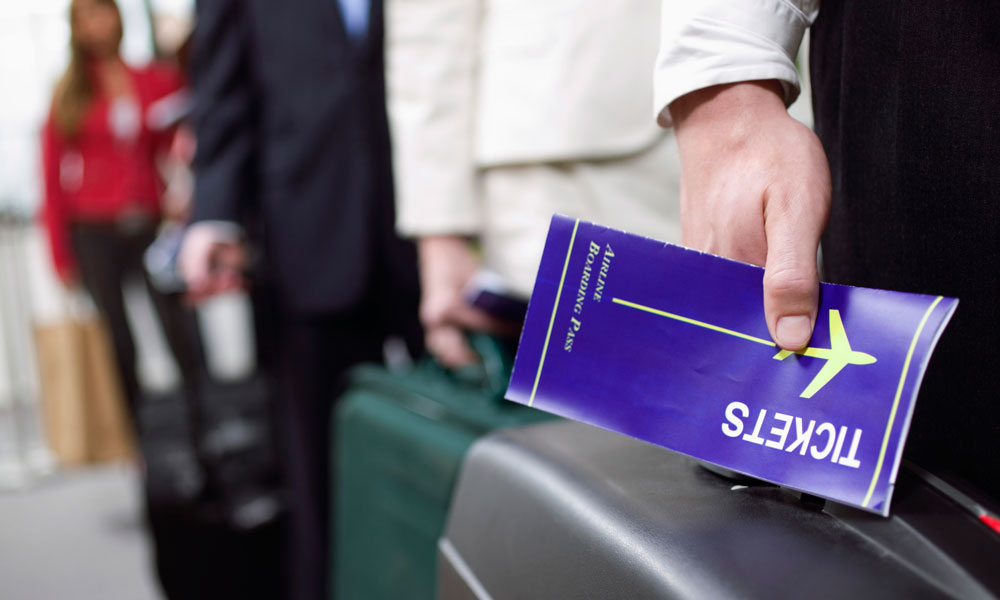
Airlines Defend Practices As Antitrust Probe Goes Airborne
The Justice Department's just-announced investigation into the airline industry's possible collusion on ticket pricing has the industry's primary trade group speaking out. But other groups say the Justice Department may have a point.
Are the airlines unfairly colluding to keep their ticket prices high?
That’s a question the Justice Department is currently grappling with. With fuel prices plunging, airline consolidation commonly occurring, online booking sites getting cut out, and controversial practices raising questions about how much consumers are getting nickeled-and-dimed, it was probably only a matter of time before the issue surfaced on the agency’s radar.
But it was Sen. Richard Blumenthal (D-CT) who got the ball rolling by sending a letter to the agency, asking it to “investigate this apparent anti-competitive conduct potentially reflecting a misuse of market power, and excessive consolidation in the airline industry.”
Blumenthal noted he was tipped off by recent comments Southwest Airlines CEO Gary C. Kelly made, implying that, while the airline was looking to increase capacity, it would artificially limit the amount of expansion it was planning in order to avoid price decreases across the board.
Thus far, the four largest airlines—American, United, Delta, and Southwest—have been contacted as part of the investigation. Two other major airlines, JetBlue and Alaska Airlines, say the Justice Department hasn’t reached out to them, according to the Wall Street Journal.
The Airlines’ Take
Airlines for America (A4A), the primary industry trade group, says that the investigation is misguided.
“We are confident that the Justice Department will find what we know to be true,” the group said in a statement to the Dallas Morning News. “Our members compete vigorously every day, and the traveling public has been the beneficiary, as the DOT’s own data shows that domestic fares are down in 2015. It is customers who decide pricing, voting every day with their wallets on what they value and are willing to pay for.”
In recent months, A4A has released graphics in response to the fuel-price issue that show the industry’s profit margins are relatively thin. A graphic released in May showed that, for an average $300 ticket, the profit margin was roughly 3 percent, with federal taxes and fuel costs accounting for more than 40 percent of the ticket’s total price tag.
Are Changes Needed?
Other groups, however, are a bit more skeptical. U.S. Travel Association President and CEO Roger Dow said that while he hoped the airlines were cleared of the collusion allegations, the issue had been likely to come up due to the industry’s recent changes, including the merger of American Airlines and US Airways.
“If not for the radical consolidation we have seen in the airline industry in the last few years, we probably would not even be having this conversation,” Dow said in a statement. “Now that four carriers control 85 percent of domestic routes, ‘collusion’ is a thought that’s constantly going to be in the back of the minds of federal regulators.”
Dow recommended that Congress “make adjustments to airport financing” to let airports expand terminals, allowing for more competition.
And the American Antitrust Institute (AAI), a major advocacy group focused on issues of consolidation, says that the investigation was a long time coming.
“For the benefit of the American consumer and competition, this is an important move that the DOJ is making,” AAI Vice President Diana Moss told the Los Angeles Times.
AAI, which has long had its eye on the airport industry, has recommended solutions such as expanding the number of airport hubs and strengthening capacity to better handle inevitable weather issues.
(iStock/Thinkstock)






Comments